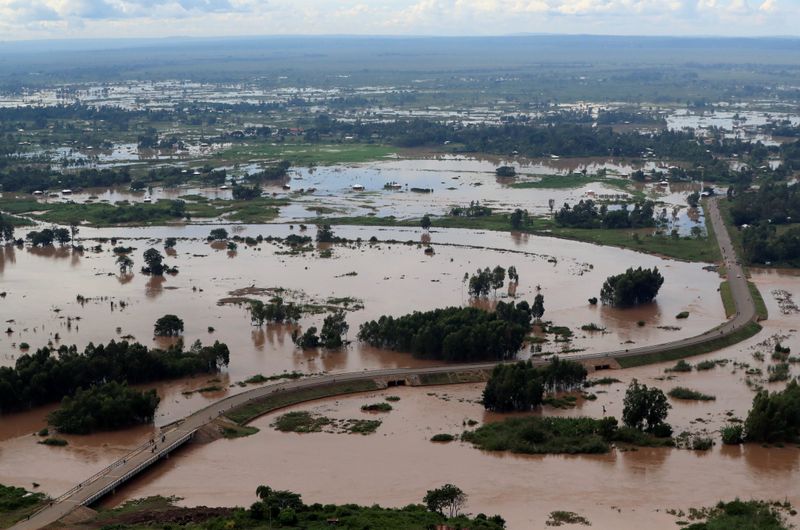Busia, Kenya – August 8, 2024 –The County Government of Busia, in collaboration with its development partners, is pushing for long-term solutions to bolster disaster and emergency response initiatives. During a recent meeting in Busia, Deputy Governor Arthur Odera emphasized the need for a structured approach to disaster response that prioritizes resilience-building and preemptive measures.
“The main focus of our deliberation has been on building resilience and how to ensure we effectively mitigate future disasters,” Odera stated.
“We have also agreed to pay more attention to emerging challenges posed by the realities of climate change that pose a great risk to livelihoods.”

The ongoing crisis has drawn the attention of key international players, including the British High Commission, UNICEF, and the Red Cross, who have been instrumental in disaster mitigation efforts in Busia.
Carolyne Njihia, Humanitarian Advisor and representative from the British High Commission in Kenya, highlighted that Busia is one of 14 counties identified for setting up disaster mitigation measures.
“We are here in Busia to monitor and review some of the projects being implemented by the British government in collaboration with our partners UNICEF,” Njihia remarked. “Globally, we are experiencing advanced effects of climate change which require speedy response to mitigate the impacts.”
Rose Njagi, Field Operations and Emergency Specialist for UNICEF Kenya, echoed similar sentiments, stressing the importance of supporting vulnerable groups, particularly women and children, in flood-prone areas like Budalang’i and Teso North.
Njagi emphasized that UNICEF’s efforts complement those of the County Government and other implementing partners, with a focus on assessing the impact of current initiatives and identifying new strategies to counter the ongoing challenges of climate change.
The Cost of Inaction

Residents of Busia are increasingly concerned about the effectiveness of disaster response efforts, particularly in the face of widespread corruption and mismanagement of funds.
They have urged the government to establish an internal audit team to monitor disaster-related funds, ensuring that resources reach those in need without being siphoned off through corrupt practices.
The United Nations High Commissioner for Refugees (UNHCR) has also pointed to the interconnectedness of climate change and displacement, warning that worsening environmental conditions could lead to more frequent and severe crises.
The agency noted that as extreme weather events become more common, they contribute to human rights violations, poverty, loss of livelihoods, and forced displacement—issues that are all too familiar to the people of Busia.
Flooding in Busia County has become an all-too-familiar story, regularly making headlines both locally and internationally. The floods have not only displaced thousands of residents but have also caused significant damage to property, infrastructure, and livelihoods.
According to the Red Cross, approximately 2,045 households have been severely impacted by the floods in Busia where up to date over 270 families in Budalangi are still living in IDP camps.


